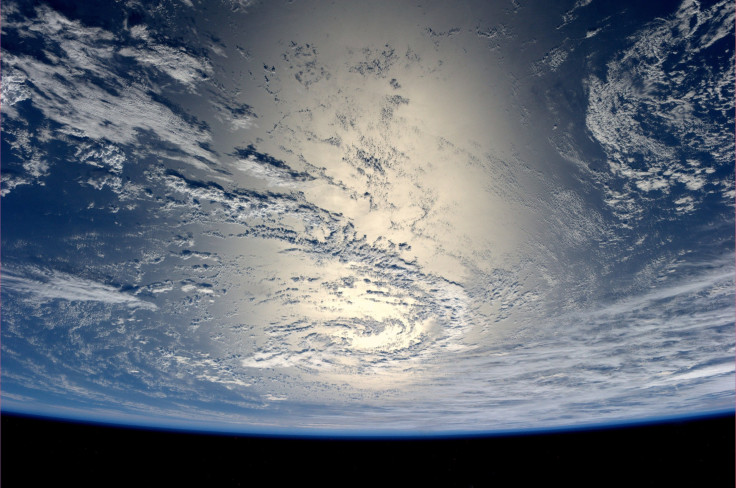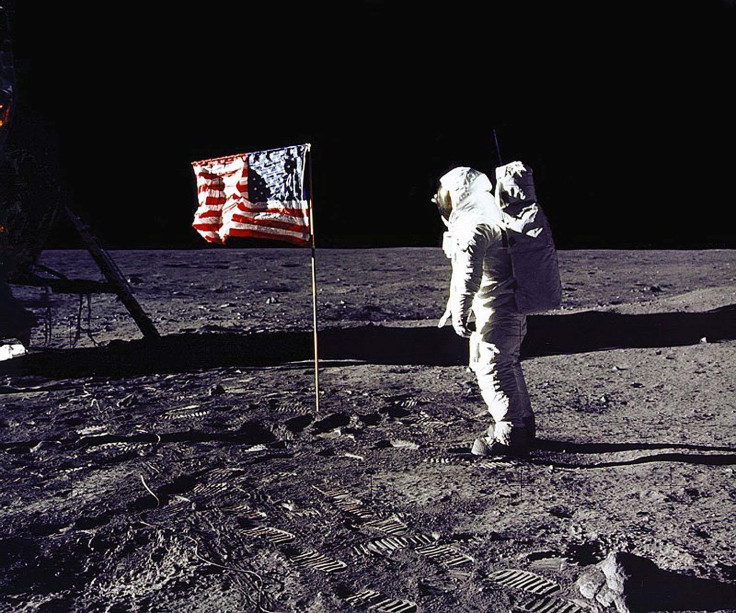Do Aliens Exist? Renowned NASA Scientist Says 'No One's Out There'

A world-renowned NASA scientist whose research led to the discovery of new planets said there’s no sign of aliens and we are likely alone in our galaxy. William Borucki, the principal investigator of NASA’s Kelpler mission, said he's very surprised at the lack of evidence of extraterrestrial life, given his work discovering habitable planets outside our solar system, South China Morning Post reported.
“Up till now, it was just an intellectual question. It isn’t anymore. There could be 10 billion civilizations or none. The evidence certainly is none,” Borucki said in an interview with the Hong Kong newspaper Thursday. ”The evidence says no one’s out there.”
Since the Kepler mission launched in 2009, Borucki said scientists now know that millions of planets orbit each star. But those findings have not helped answer one of humankind’s biggest questions: Why haven’t we been contacted?
“We have a galaxy full of 10 billion planets, in habitable zones, roughly Earth-size, [but] no visits, no communications we’ve picked up,” he told South China Morning Post. “How can that be?”

Borucki, who started working at NASA in 1962, will be awarded the Shaw Prize in Astronomy in Hong Kong Thursday night for his work on the Kepler mission, which has resulted in the discovery of more than 1,000 confirmed planets and an additional 3,600 planetary candidates outside the solar system. The prestigious award honors those who have achieved significant advances in academic and scientific research and whose findings have had a profound impact.
Borucki, who also helped design the heat shields protecting the astronauts who landed on the moon in 1969, said he plans to give $100,000 of his prize money to fight climate change and will donate another portion to the ALS Foundation.
“I’ve spent a large portion of my career searching for other worlds,” Borucki said Wednesday in a press release from the Union of Concerned Scientists. “What we’ve found has underscored how important it is to protect this one. While we can detect other worlds, we cannot go to them. Our future is here on Earth and we must do much more to ensure that our planet’s climate remains hospitable.”
© Copyright IBTimes 2024. All rights reserved.











